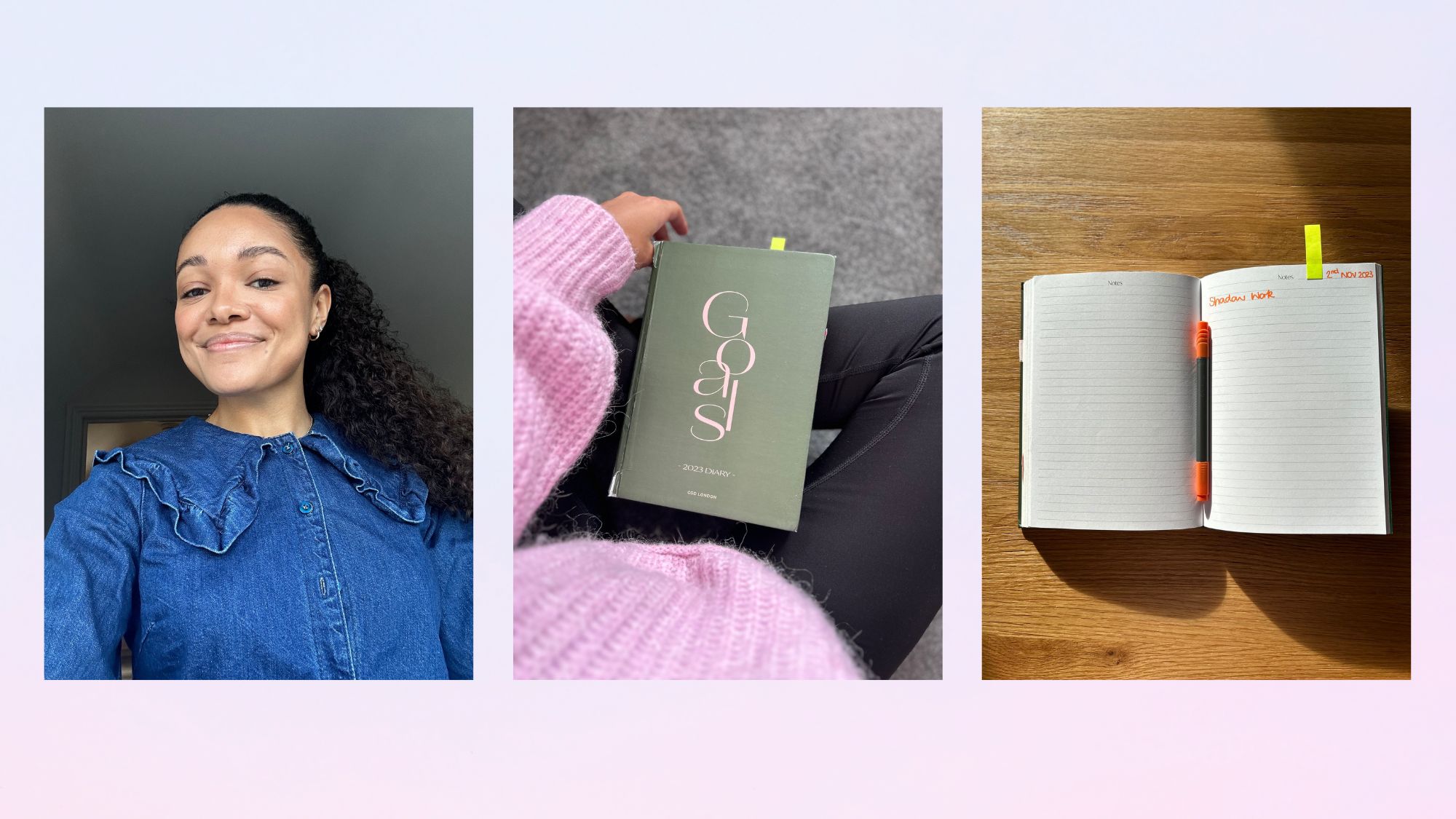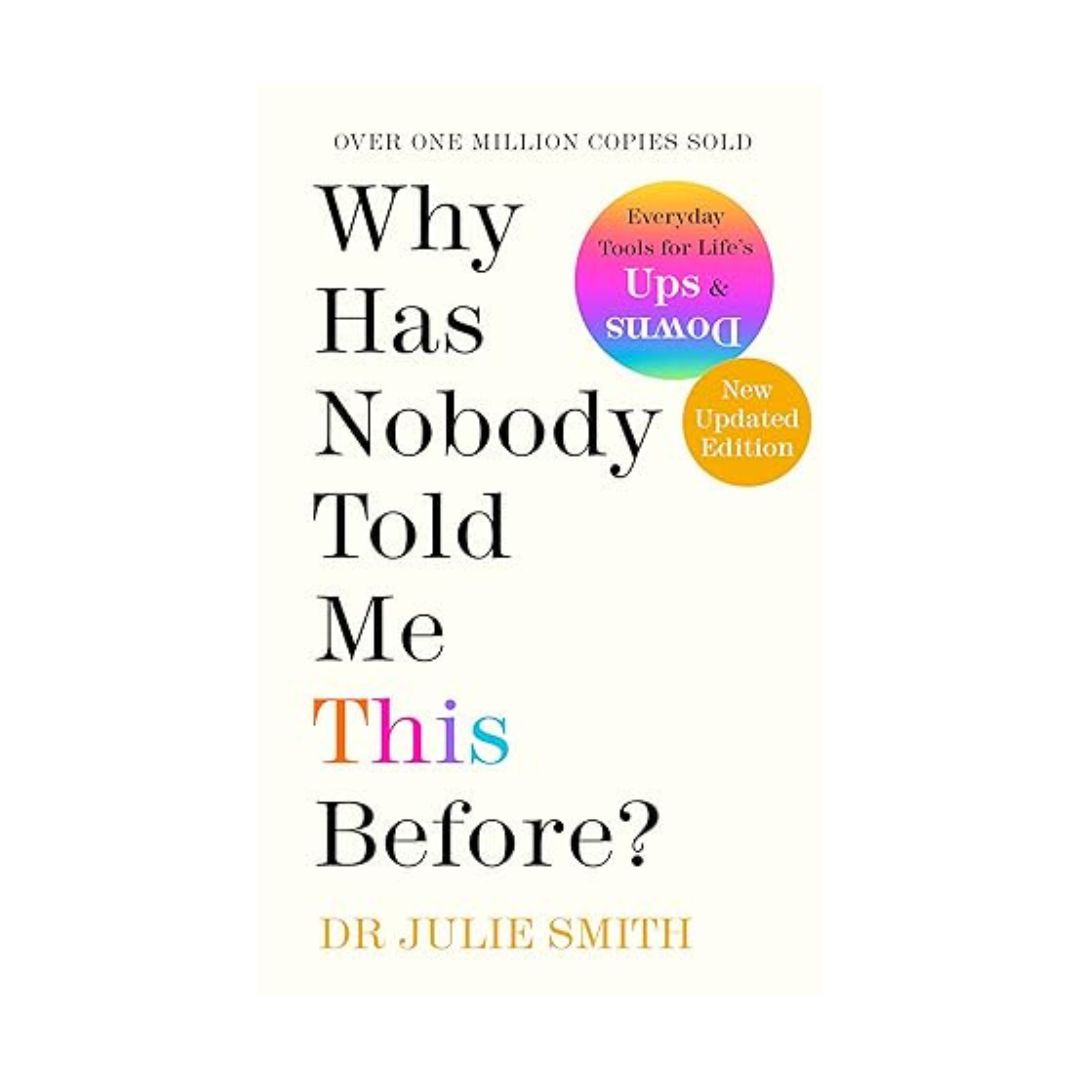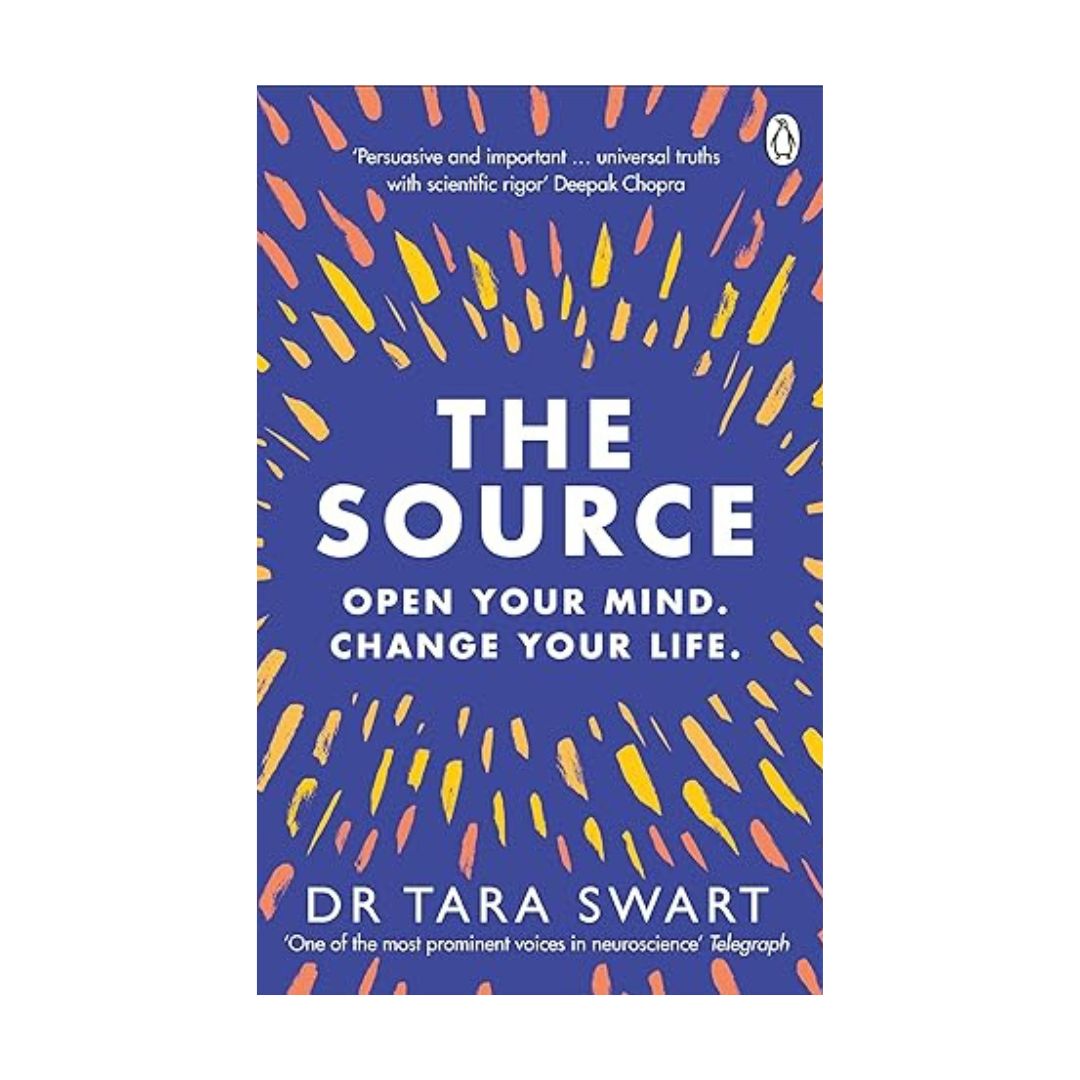Shadow work promises to help you become the best version of yourself - even as a cynical health writer, I was surprised
Hello darkness my old friend…


Ever heard of shadow work? Or tried shadow work for happiness? No, me neither. In fact, until last month when I saw a self-help book called The Shadow Work Journal doing the rounds on my For You page on TikTok, it wasn’t even a term I was acquainted with.
Published by Keila Shaheen and promising to be a "guide to integrate and transcend your shadows," I was intrigued and decided to take a closer look.
Sure, I'd gone years without embracing my "dark side", but shadow work is absolutely nothing new. Dating back to the 20th century when the late Swiss psychiatrist and psychoanalyst Carl Jung coined the phrase, it's essentially a type of self-reflection that encourages you to delve into your unconscious or repressed psyche. In turn, you'll be your truest, most authentic self - or so the experts claim.
Still not sure what it actually entails? It took me a while to get my head around, too. As shadow work coach and author Imi Low explains: "It revolves around the idea of exploring and integrating the parts of yourself that you've pushed aside or hidden due to various life experiences." This could be past traumas, societal pressures, and other external influences, the expert goes on.
While peer-reviewed studies on the benefits of shadow work are sparse, experts who back the practice maintain that defining and embracing your shadow helps to deepen self-awareness, foster better relationships and unlock your untapped potential.
Sold? Me too. That's why I decided to dive into the world of shadow work over the course of seven days to see what I could learn and discover whether any of these benefits ring true. To find out what shadow work for happiness is, the pros and cons, and what I found – do keep scrolling. And while you’re here, check out an expert's go-to self-reflection journaling prompts and explainers on how to be happy and how to find joy in 2023 and beyond.
What happens when you practice shadow work for happiness? I tried it
What is shadow work for happiness?
Valid question. In the book, Dictionary of Psychology, Jung describes your shadow as: “That hidden, repressed, for the most part inferior and guilt-laden personality whose ultimate ramifications reach back into the realm of our animal ancestors and so comprise the whole historical aspect of the unconscious”.
Marie Claire Newsletter
Celebrity news, beauty, fashion advice, and fascinating features, delivered straight to your inbox!
But put simply, shadow work simply means a "transformative journey of self-discovery and self-acceptance," or so says Low.
“The term "shadow" symbolises concealed aspects, signifying the uncharted depths within our own character,” the expert tells us. “Shadow work invites us to dive into the less familiar territories of our psyche, to acknowledge and embrace these hidden facets, and ultimately, to bring them into our conscious awareness.”
Still with us? “For some people, shadow work goes beyond psychology and becomes a spiritual journey, offering insights into how you're all connected and your place in the world,” Lo adds. “In the end, shadow work lets you be yourself without hiding. It's like giving yourself permission to be your true self.”
Shop our edit of the best self-help books

The brainchild of clinical psychologist Dr Julie Smith, this bestselling self-help book touches on loads of important topics, from building self-confidence and learning to forgive yourself, to tips for managing anxiety and battling low mood.
How does shadow work for happiness work?
In simple terms, shadow work helps you understand hidden and sometimes unconscious feelings, behaviours, traumas and thoughts which, in turn, makes you more aware of yourself. It works by dealing with two sides of yourself: the one you show to the world, and the one you unconsciously prefer to keep hidden.
“By confronting and integrating these previously neglected parts of yourself, you gain a deeper understanding of who you are and find a pathway toward self-improvement and emotional well-being,” Lo tells us.
To practise shadow work, it’s important to define your shadow. To help you do so, American psychologist and philosopher, Ken Wilber, designed the 3-2-1 Shadow Process, which uses shifts in perspective — moving through 3rd-person, 2nd-person and 1st-person — to own and integrate shadow tendencies.
The method suggests grabbing a pen and paper and trying the following (our guide to how to journal might come in handy, too):
- Locating the shadow — third person: what traits do you judge in others? What triggers you? And what traits do you dislike? Are there past experiences, childhood traumas, or societal expectations that have had a part to play?
- Talking to it — second person: start a dialogue with the shadow trait you identified. Why has it come into your life? What does it want?
- Being it — first person: embrace the shadow trait and take a few moments to see what it says, how it feels and when it emerges.
@hood.winkler ♬ Love You So - The King Khan & BBQ Show
What are the pros of shadow work for happiness?
Good question. In short: while studies are limited on the effectiveness of shadow work (in fact I failed to find any scientific research on the topic), it’s often used as a tool by trained therapists and shadow work coaches to help people better understand their unconscious thoughts and feelings.
As Lo tells us: “Addressing your shadow self allows you to effectively navigate your emotions, find greater fulfilment in life, unlock your hidden potential, put an end to self-sabotage, and cultivate healthier and more authentic relationships.”
It is also believed to help heal wounds from childhood. “It's akin to turning on a light in the darkness, revealing what was once concealed and helping you lead a more genuine and satisfying life," Lo adds.
Your shadow self also holds untapped potential and talents. “When you deny these aspects of yourself, you inadvertently limit your personal growth and success,” Lo says. “It's like having a treasure chest full of valuable skills but never opening it. Exploring your full potential can open doors to new opportunities and personal development.”
What are the cons of shadow work for happiness?
For all its benefits, shadow work can come with its negatives. Perhaps the most associated con is the fact that shadow work can cause deep emotions to be triggered in the process. “Even trauma, which can be tough,” Lo tells us.
Plus, when you ignore our shadow, it could have bleak consequences. “When you ignore your hidden side, it can suddenly pop up and cause you to act in unexpected and sometimes troublesome ways.” For example, if we've been holding back anger or frustration, it might suddenly explode over something trivial.
And, in today’s social media-obsessed age where fake news can spread quicker than ever, Lo says some see this as an opportunity to take advantage of those seeking help, selling online courses and products that "promise quick and easy solutions". “It's not good because it waters down the real inner work that's needed,” the expert adds.
Which is why, if you are serious about shadow work, Lo recommends finding someone with proper experience, like a coach with deep personal experience and extensive training, or even a Jungian analyst. “They can give you real guidance and help you get the most out of your efforts,” she adds.
@saturniansoul ♬ green to blue - slowed + reverbed - daniel.mp3
What I learned by trying out shadow work for happiness
1. Shadow work is not easy
That’s an understatement if ever there was one. Exploring my innermost thoughts and feelings and working through all the reasons why this could be isn’t something I want - or get a chance to do - every single day.
I’m not one to usually shirk my thoughts. But, a bit like with journaling for anxiety, really delving deep into my subconscious to explore my shadow traits isn’t something that comes naturally to me - especially when it's to explore uncomfortable truths like sadness, rage or anxiety.
Lo’s words of wisdom? “Resistance often arises from your ego's instinct to protect you from uncomfortable truths,” she says. “When you encounter this resistance, it's important to acknowledge it without self-blame, recognising it as a natural and common part of the shadow work process. Remember that this journey is a process of self-acceptance and growth, not a test of your willpower or strength.”
2. You’ll find parts of yourself that you didn’t know existed
Personally speaking, I consider myself to be someone who’s quite in tune with my body. I know that when I eat my greens, drink my water and move, I feel my best. Not to mention, I know that even just one small glass of anything alcoholic makes me feel lethargic, sluggish and anxious the following day and that my sleep will suffer.
But what I didn’t know is that I still have a ton of inner work to do. For starters, all of what I know about myself relates to my conscious persona — you know, the one that lives rent-free in my mind and body. But my unconscious persona — the one that’s wearing an invisibility cloak — still has a way to go.
3. Shadow work is tiring
As a self-proclaimed introvert, post-socialising fatigue is real. And when it comes to shadow work, the toll on my batteries was no different.
Yes, in reality I might have been sitting in a quiet spot with my journal but embracing my shadow felt as though I had travelled far, far away to meet an old friend who I’d lost touch with many moons ago. In one way, it felt comforting. But in the same breath: exhausting.
Shop our go-to journaling aids now

If there’s one thing bound to boost your motivation to get journaling, it’s a pretty notebook like this option from Papier. Coming in 11 different colourways, we think this notepad looks perfect in pink.
4. Shadow work can be as long or short as you need it to be
While practising shadow work over the course of a week, I set aside half an hour each day to do so. But when it came to it, I found that I rarely needed (or had the bandwidth) to go past 20 minutes.
For me, this was more than enough time to commit myself to this practice without feeling too overwhelmed or drained. Of course, I’m not saying that I’ve now mastered the art of shadow work or that my shadow has seen the light of day. But I’ve definitely scratched the surface.
As is the case with any kind of therapy: the work takes time and if that’s 20 minutes every day or 20 minutes every week, there’s no one size fits all.
5. Despite what you might think, your shadow isn’t all bad
IMHO, it’s not bad at all.
The word "shadow" often comes with negative connotations and I’m not alone in thinking so. Even the Oxford Languages Dictionary describes the noun "shadow" as being an “ominous oppressiveness, or sadness and gloom”. And, when we take a closer look into the world of Jungian psychology, it seems like Jung followed this theme too, defining your shadow as: “The thing a person has no wish to be”.
To many people, embracing your "dark side" might seem like you’re trying to tame a scary, scathing and repressed beast. But upon reflection, letting the "darkness" in felt like a small weight off my shoulders. This is ironic because who knew that embracing something so "dark" can make you feel ten times lighter?
What did Carl Jung say about shadow work?
In his book, The Collected Works of C. G. Jung — Psychology and Religion: West and East, Jung describes shadow work as the key to embracing our most authentic selves. Jung believed the more shadow work we do, the more conscious we become of the unconscious shadow aspects of ourselves, all of which can fuel positive personal growth.
He writes: “Everyone carries a shadow, and the less it is embodied in the individual’s conscious life, the blacker and denser it is. If an inferiority is conscious, one always has a chance to correct it… But if it is repressed and isolated from consciousness, it never gets corrected and is liable to burst forth suddenly in a moment of unawareness. At all counts, it forms an unconscious snag, thwarting our most well-meant intentions.”

Rebecca, or Becks, is a freelance journalist with more than ten years of experience in the industry. She specialises in all things health and lifestyle and has written for a number of brands including Women's Health, Stylist, the Evening Standard, Good Housekeeping, The Telegraph, Live Science, Tom's Guide and Fit&Well. Becks also writes copy for a number of brands and small businesses.
When she's not weight training, tracking down the best gym leggings, reading a book or at her desk typing away, you'll find her in the kitchen perfecting a new recipe or bake.
-
 Jump training workouts are being hailed as the best longevity workout you can do - a top personal trainer shares their guide
Jump training workouts are being hailed as the best longevity workout you can do - a top personal trainer shares their guideJump to it...
By Katie Sims
-
 I’m a bride who loves injectables—here are the dos and don’ts of getting them ahead of your wedding
I’m a bride who loves injectables—here are the dos and don’ts of getting them ahead of your weddingA game-changer, if done correctly
By Tori Crowther
-
 The 90s-inspired wispy, ‘sitcom fringe’ is my new obsession—it’s lightweight and perfect for summer
The 90s-inspired wispy, ‘sitcom fringe’ is my new obsession—it’s lightweight and perfect for summerBring back the nostalgia
By Jazzria Harris



